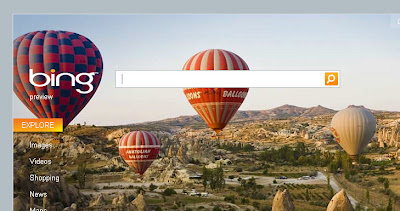Interest Targeting: Should AdSense publishers ask for more money?
Image via CrunchBase
The 800 word blog post introducing those agencies not part of the beta test and the rest of the world to the program doesn't mention the word 'behavioural' once (not even with the American spelling). We've also had quick fire news from Google Reader and Google Voice. It's all go at Google.
I'm not a privacy freak. I like behavioural targeting and found myself saying so many times at meetings today. In my opinion behavioural targeting is not an invasion, it does improve my web experience and in some cases is more appropriate/ethical/kinder than demographic based targeting. (I like 'nofollow' however so perhaps I just naturally prefer the unpopular option!)
I do wonder whether AdSense users will wake up and start to demand more cash from Google.
Right now AdSense users are paid on a per click basis. No clicks means no cash.
Some people might argue that that's a little unfair if Google's Interest Targeting starts to get traction, though.
Google makes use of DoubleClick's network and their AdSense partners to use cookies to track users while the ad platform work out the user's possible interests. For example, let's look at Anonymous User A:
- Visits Travel Blog 1 (on AdSense) - does not click on any ad (no money for Blog 1) - Interest Targeting 'learns' the user may be interested in Travel
- Visits Travel Blog 2 (on DoubleClick) - does not click on any ad (money for Blog 2 as they have a CPM deal with DoubleClick) - Interest Targeting gets more evidence that the user may be interested in Travel.
- Visits Travel Blog 3 (on AdSense) - does not click on any ad (no money for Blog 3) - Interest Targeting is now pretty sure that the user is interested in Travel.
- Visits News Site 1 (on AdSense) - the user is shown a Travel ad by AdSense and clicks (money for News Site 1).
You could argue that Google used the data supplied by the Travel Blogs without paying the Travel Blogs for that. You could also argue that the Travel Blogs played a vital role in persuading the User to click. They acted as a pre-sale. DoubleClick's own Click Path Tracking studies would suggest that all the Travel Blogs could be attributed in the final ROI analysis of the ad campaign.
